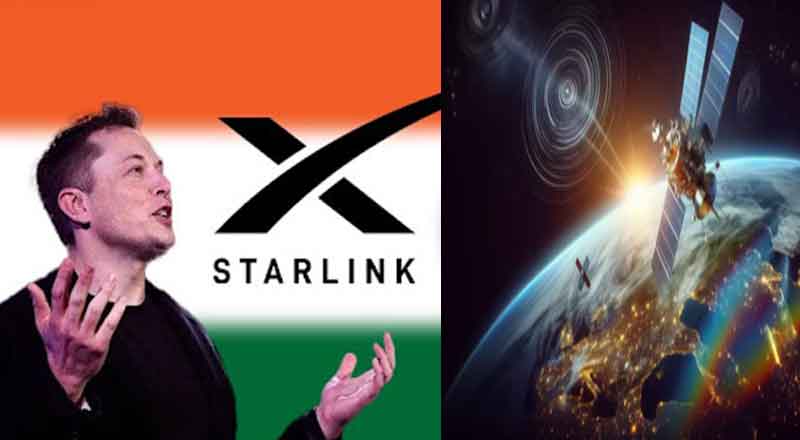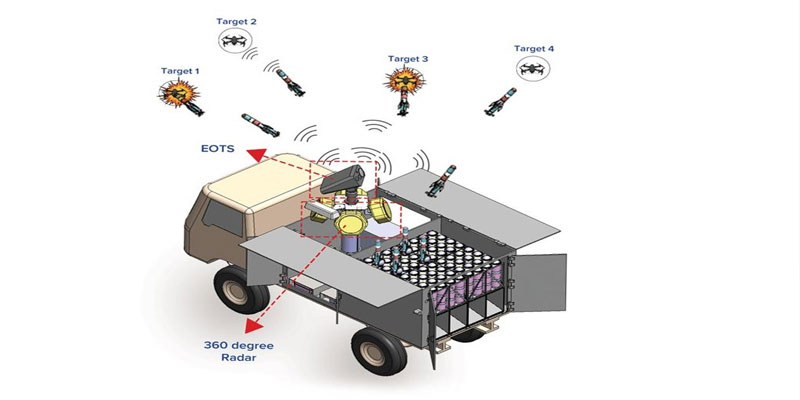NEW DELHI: Starlink, the satellite communications company led by Elon Musk, is under scrutiny in India as its devices have reportedly been used by insurgents and smugglers. This has raised serious security concerns within the Ministry of Home Affairs (MHA) and the Department of Telecommunications (DoT).
The government’s investigation revealed that Starlink’s satellite devices were recovered during anti-smuggling operations and raids on insurgents. A significant discovery was made in the Andaman and Nicobar Islands, where 6,000 kg of methamphetamine was seized. Authorities found smugglers using Starlink devices for navigation and setting up WiFi hotspots via satellite connections. Similar devices were uncovered in Manipur during a raid conducted by the Army and Assam Rifles, intensifying concerns over the misuse of such technology.
Adding to the controversy, Starlink has refused to disclose the identities of those who initially purchased the devices, citing global data privacy laws. This refusal has frustrated Indian authorities, who are alarmed by the possibility of illegal communication channels being exploited by criminal and insurgent groups.
“The government had written to Starlink to know about the ownership of the devices after their recovery with drug smugglers in the Andaman & Nicobar Islands, but the company has refused to provide details citing data privacy laws,” a source said.
Starlink’s CEO, Elon Musk, responded to concerns raised on social media, denying any active operations in India. “This is false. Starlink satellite beams are turned off over India,” Musk stated on X (formerly Twitter).
Meanwhile, Indian authorities have demanded that Starlink take stronger measures to prevent the misuse of its technology. Meetings between Starlink representatives and officials from DoT and MHA have been ongoing, focusing on security protocols and compliance with Indian laws. The government has stressed that Starlink’s licence application will remain on hold until it satisfies concerns regarding the control of illegal communications and data security.
The case raises broader questions about the accountability of tech companies and the balance between privacy and national security. A poll accompanying the controversy highlights the divide in public opinion: Should companies disclose buyers’ information if their products are misused? The debate continues as India’s security agencies work to curb the misuse of advanced satellite technology.





